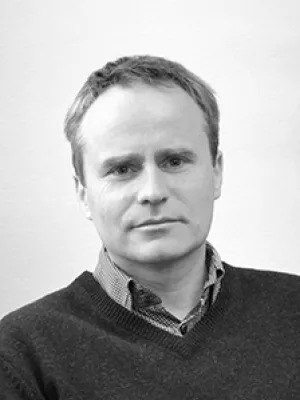
Christofer Edling
Professor

Integration of the Swedish Local Elite: The Role of Professional and Private Networks
Författare
Summary, in English
This article uses social network data to study the integration of local elites in four Swedish municipalities. Four research questions are asked. First: How integrated are the elites? While the results modify the picture that there are two rather distinct elites in Sweden – that is, a political elite dominated by the labour movement and an economic elite dominated by business and the large business organizations – it is interesting to note that integration between elite spheres is lowest for the relation between politicians and business representatives. To a considerable degree, integration between political and economic elites is indirect, mediated through the administrative elite. The second question is: Are the inner elite circles dominated by the political, economic or administrative elite? The study indicates that local elites in Sweden are strongly dominated by political elites, and also by administrative elites. This is reassuring, since it would indicate a democratic deficit if the structural power of decision making in municipalities resided predominantly in economic actors and administrators. The third question is: What is the role of friendship relations in creating elite integration? The study indicates that private relations among elites both reinforce professional networks and extend them in important ways. The final question is: Is elite integration contingent on political stability and/or the structure of local business? The results are surprisingly stable across the four municipalities, even though the largest distinction was found between elite core and periphery in the politically most stable municipality, which was also the one with the lowest economic diversity.
Avdelning/ar
- Sociologi
Publiceringsår
2014
Språk
Engelska
Publikation/Tidskrift/Serie
Scandinavian Political Studies
Länkar
Dokumenttyp
Artikel i tidskrift
Förlag
Wiley-Blackwell
Ämne
- Sociology (excluding Social Work, Social Psychology and Social Anthropology)
Nyckelord
- sociology
- sociologi
Status
Published
ISBN/ISSN/Övrigt
- ISSN: 1467-9477

